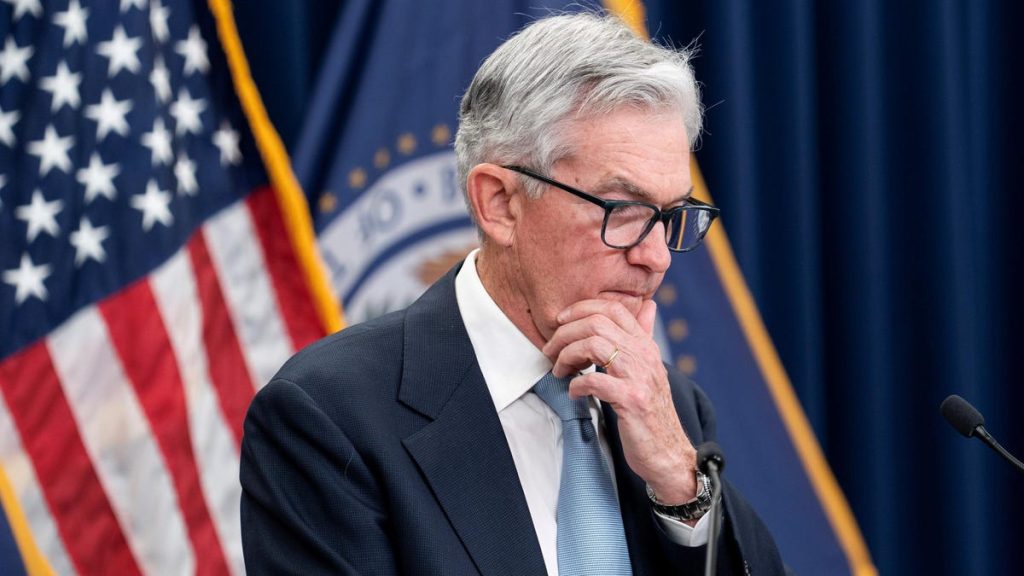Topline
The Federal Reserve now projects the nation’s economy to fall into a “mild recession” by year’s end, according to minutes from the Fed’s Open Markets Committee meeting March 21-22 as the central bank navigated through an unexpected crisis in the country’s banking sector.
Key Facts
Banking turmoil led central bank officials to downgrade their economic forecasts, according to the notes released Wednesday afternoon.
Though all FOMC members ultimately voted in favor of a 25 basis-point increase to the federal funds rate, several officials considered backing a pause to the hikes in the wake of the string of bank failures.
The Fed continues to see “slower-than-expected progress on disinflation,” according to the minutes.
Stocks were largely flat, maintaining modest gains from earlier trading following the release of the latest inflation report.
Key Background
The latest Fed meeting came less than two weeks after the second and third-largest bank failures in American history as venture capital darling Silicon Valley Bank and crypto stalwart Signature Bank collapsed. The failures, caused largely by the banks’ ineffectiveness at navigating rapid interest rate hikes, led to calls for the Fed to quit its rate hike campaign to focus its efforts on stabilizing the banking sector. The Fed upped rates at its last nine meetings, sending the federal funds rate from near zero to 4.75% to 5%, a 16-year high, as it used its primary tool to cool inflation. The Fed’s war on inflation has started to bear fruits, with inflation cooling to its lowest annualized level since May 2021 last month, though the 5% inflation rate remains far above the bank’s 2% target. Higher interest rates have dragged down stocks as elevated borrowing costs cut into corporate profit; the S&P 500 is down 14% from its December 2021 peak.
What To Watch For
The next meeting of the Fed’s policy panel will be May 2-3. The futures market implies a 28% chance the central bank will keep rates the same and a 72% chance it will again raise rates by 25 basis points, according to the CME FedWatch Tool.
Crucial Quote
“Central banks recognize…the trade-off between inflation coming down over a longer period of time and the potential to severely damage economic and financial conditions,” Rick Rieder, head of BlackRock’s global allocation investment unit, wrote in a Wednesday note to clients. “Despite rightly ‘talking tough’ on inflation, [central banks are] modifying their expectations for the degree of tightening required this cycle.”
Surprising Fact
The S&P didn’t hit a low until an average of six months following the Fed’s first cut to interest rates during the central bank’s last 10 hiking cycles, Darrell L. Cronk, the chief investment officer of Wells Fargo’s wealth management division, wrote in a Tuesday note to clients. Fed Chairman Jerome Powell has said he doesn’t anticipate any rate cuts in 2023.
Fed Hikes Interest Rates Another 25 Basis Points—But Suggests The End Is Near (Forbes)
Prices Rose Another 5% In March—Lowest Inflation Reading In Nearly Two Years (Forbes)
Here’s What’s Dropping In Price The Most As Inflation Cools To 22-Month Low (Forbes)
Read the full article here





